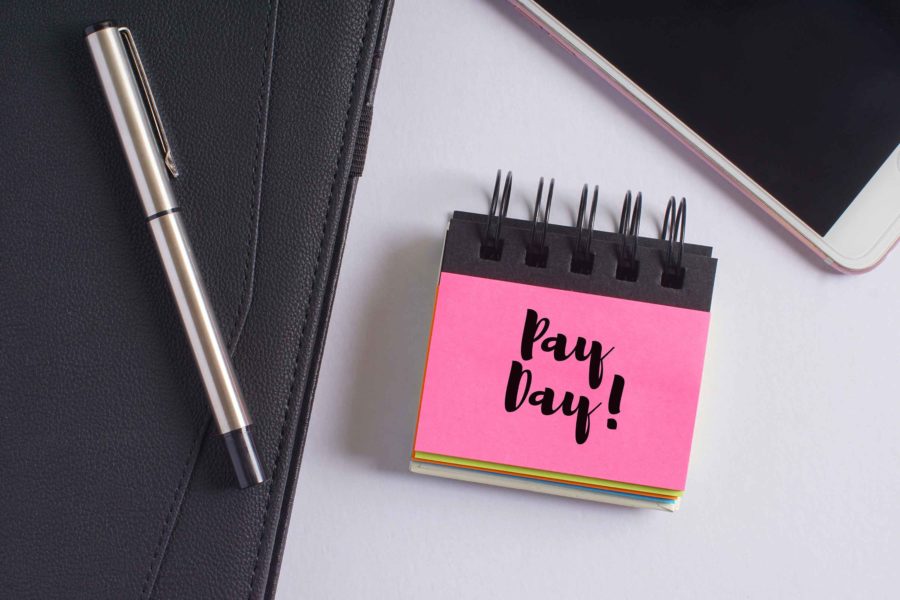Being a freelancer can be tough. First, you have to figure out what you’re selling, and then you have to go find people who want to buy it. Once you’ve gotten a nibble on your marketing hook, you need to land that opportunity, get the prospect to agree to what you’re going to deliver and how much they are going to pay. A contract gets signed, you dig into the work and you send out that all important invoice.
And, then, sometimes something terrible happens. The money doesn’t come.
Sometimes clients don’t pay their bills, and you’re left staring at your mailbox or your PayPal balance, wondering why the money isn’t there.
Not getting paid stinks. It can make you question all the benefits that being a free agent offers. It’s hard to appreciate the flexibility your job offers when your bank account balance is slowly sliding toward zero.
Believe it or not, there can be a few reasons why clients don’t pay. Some are things you can control, while others are outside your sphere of influence. Let’s focus on things you can do to keep the payment train running on time.
Always Get a Deposit
When you’re working on a project, don’t wait until you’ve done all the work to send the bill. Create a payment plan that’s based on milestones or percentage of the work you’ve completed. Make sure you’re not leaving all the billing to the end.
Get a Client Signoff
When you deliver some portion of the project, send an email and request approval from your client. If things go south, having something in writing to show that you kept your point of contact in the loop, and that they approved each piece, helps you build a stronger case if someone is arguing about payment.
Send Your Invoices Promptly
Not everyone loves paperwork, and we’ve all forgotten to send an invoice from time to time. But, when you wait for months, things get lost in the shuffle, and then your client has to work hard to remember who you are and why they should pay you. Make sure your bills go out when they should, and if you haven’t gotten a check when a bill is due, reach out immediately to ask when you will get paid.
Even if you’ve done all these things, sometimes a client still won’t pay their bill. If you’ve sent your bill, followed up with a payment reminder, and still haven’t gotten paid, you need to take things up a notch. First, pull out the contract (you did have them sign a contract, right?) and email your point of contact, the accounts payable contact, and any other executives that you’ve worked with. Be polite, but very firm, that you engaged to do this work, you’ve completed it according to the terms, you’ve invoiced, and that invoice is now past due. Request payment immediately.
If that doesn’t work, the next step is to have an attorney draft a demand letter on their letterhead. This shouldn’t cost you much (maybe an hour of the attorney’s time) and should be enough to inspire a recalcitrant client to pay up.
Finally, if you still get no response, you can take your case to small claims court. This is a pain, and not where you want to end up, but if a client owes you less than $7,000, this can be a good route. Just by filing a claim, you might get your client to pay up. If not, a court date will be scheduled, and you’ll both have to show up. You’ll be offered the chance to talk to a mediator and resolve the issue then and there, or you’ll go before the judge, and the case will be decided based on the evidence.
You might think this all sounds like a hassle, and it is. But, as a freelancer, you can’t afford to do work for free. If you stay on top of your invoicing process, gentle nudges should be enough to get things sorted out.
Be your own strongest advocate when it comes to getting paid for your hard work!



 3 min read
3 min read


